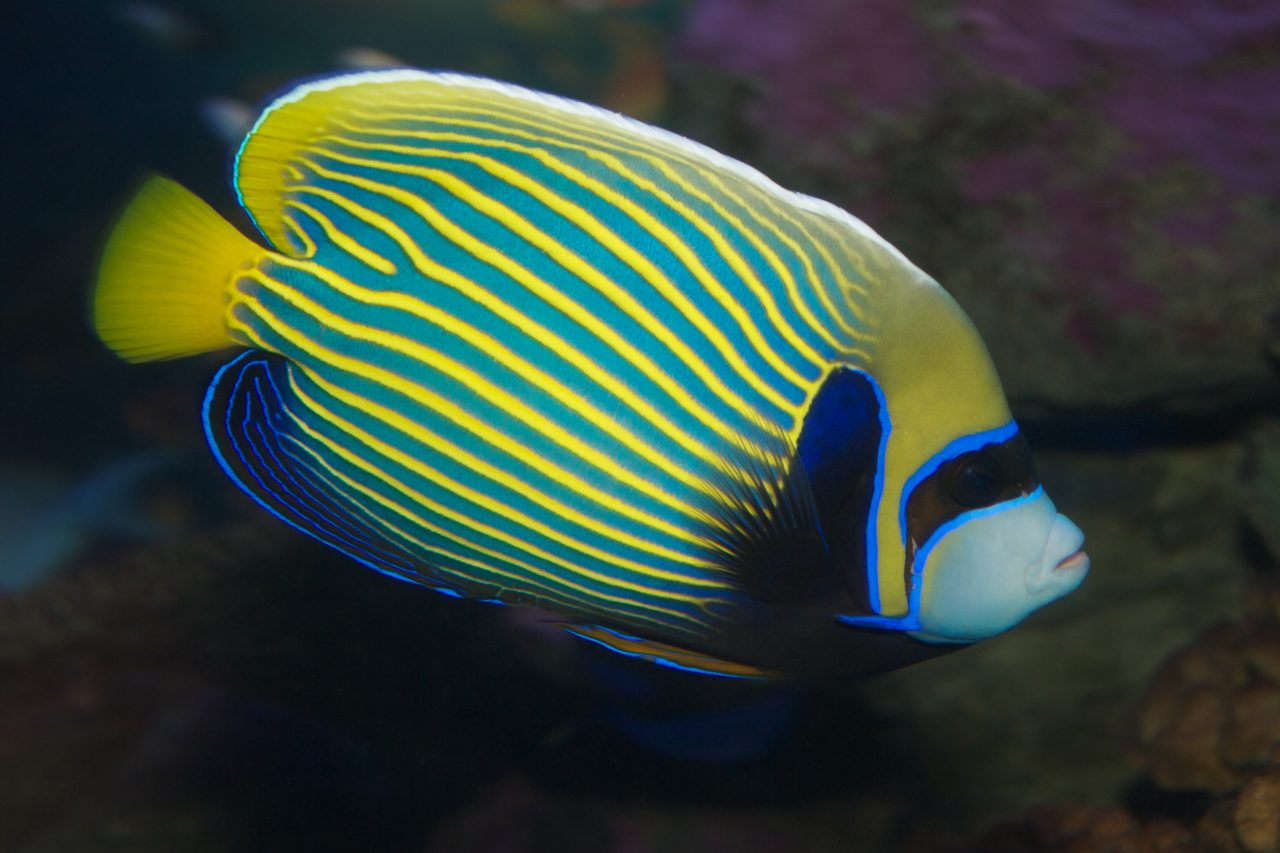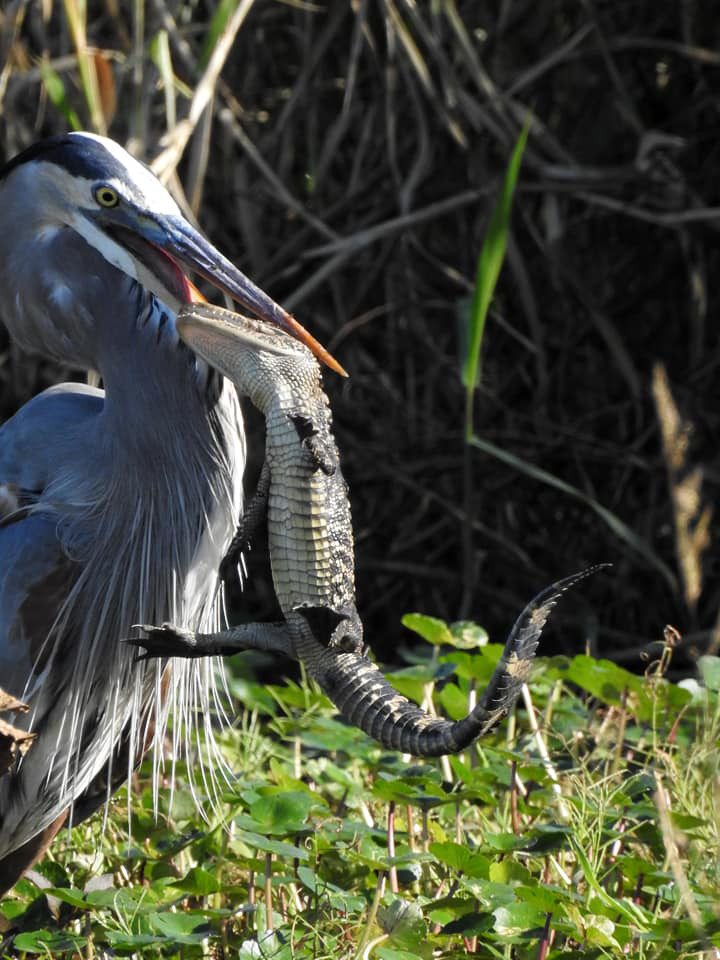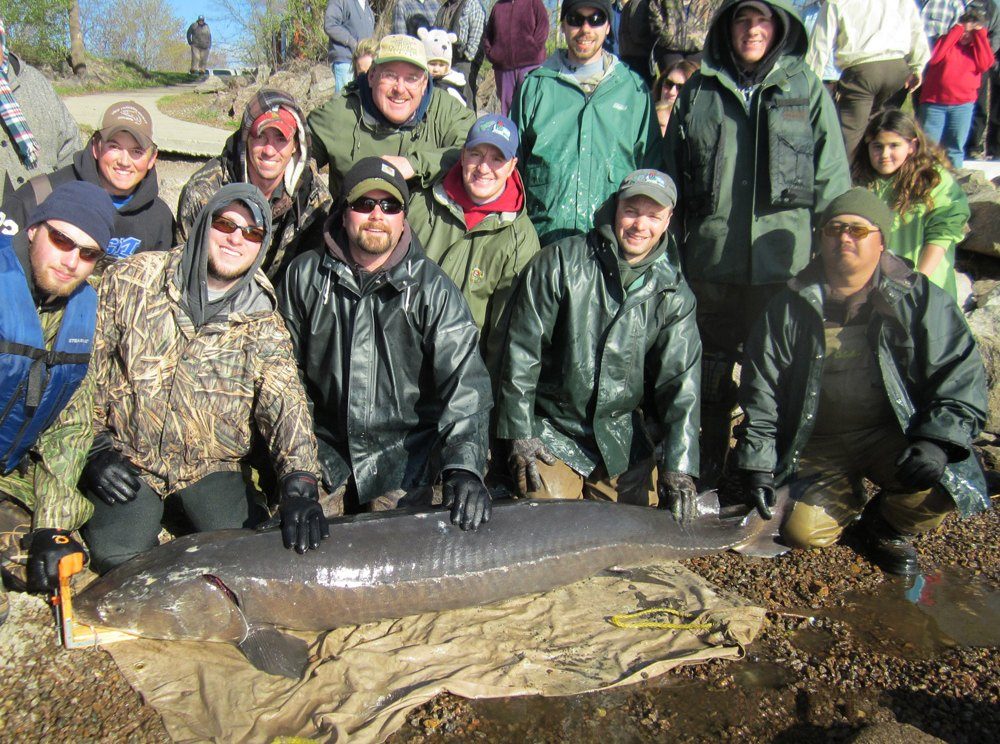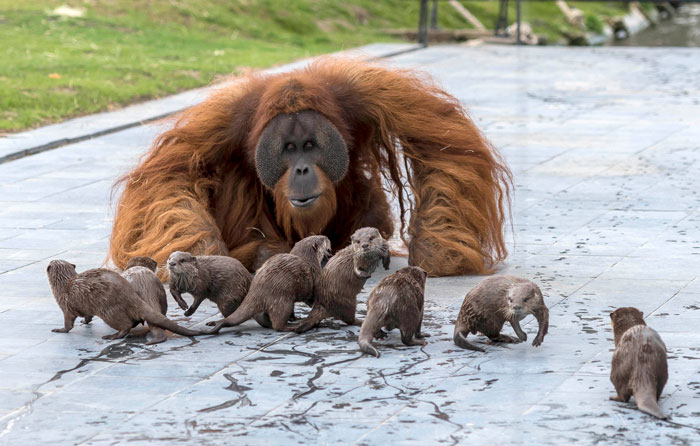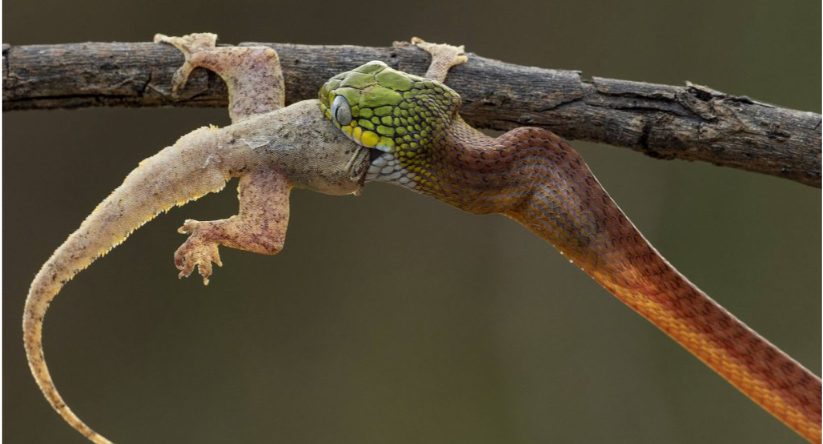A cultured meat company has produced a mammoth meatball using mammoth DNA, thus reviving the flash of the long-extinct animals.
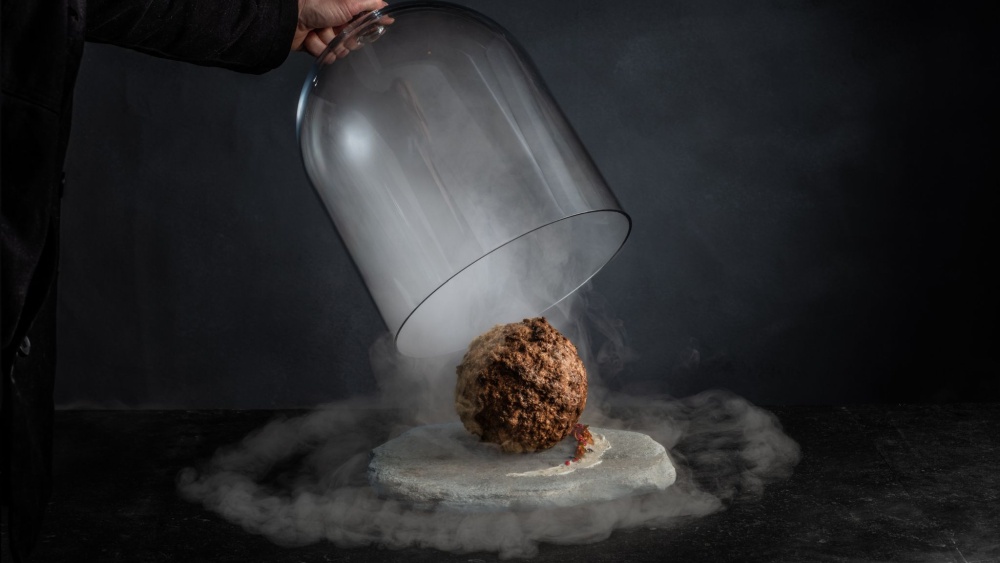 Image credit: Aico Lind/Vow
Image credit: Aico Lind/Vow
Numerous companies are currently developing alternatives to conventional meat, including chicken, pork, and beef. But there is a firm called Vow Food that aims to utilize a combination of cells from atypical species to produce innovative types of meat – including mammoth meat.
The company worked together with Professor Ernst Wolvetang from the Australian Institute for Bioengineering at the University of Queensland to create mammoth muscle protein so that it could then be made into meatballs, according to The Guardian. They took the DNA sequence of mammoth myoglobin, which is the muscle protein that gives the meat its flavor, as a basis, and filled in its deficiencies with elephant DNA. Then, the sequence was mixed with a stem cell from a sheep, from which 20 billion cells were grown and used to produce mammoth meat, or more precisely, a mammoth meatball.
“It was ridiculously easy and fast,” said Wolvetang. “We did this in a couple of weeks.”
But no one has dared taste the meat since. “We haven’t seen this protein for thousands of years,” Wolvetang explained. “So we have no idea how our immune system would react when we eat it. But if we did it again, we could certainly do it in a way that would make it more palatable to regulatory bodies.”
Originally, they wanted to produce dodo meat, but for that, there were no suitable DNA sequences available. The founders of Vow Food said they chose the woolly mammoth because “it’s a symbol of diversity loss and a symbol of climate change.” It is believed that human hunting and the global warming that occurred following the last ice age were responsible for the extinction of the species.
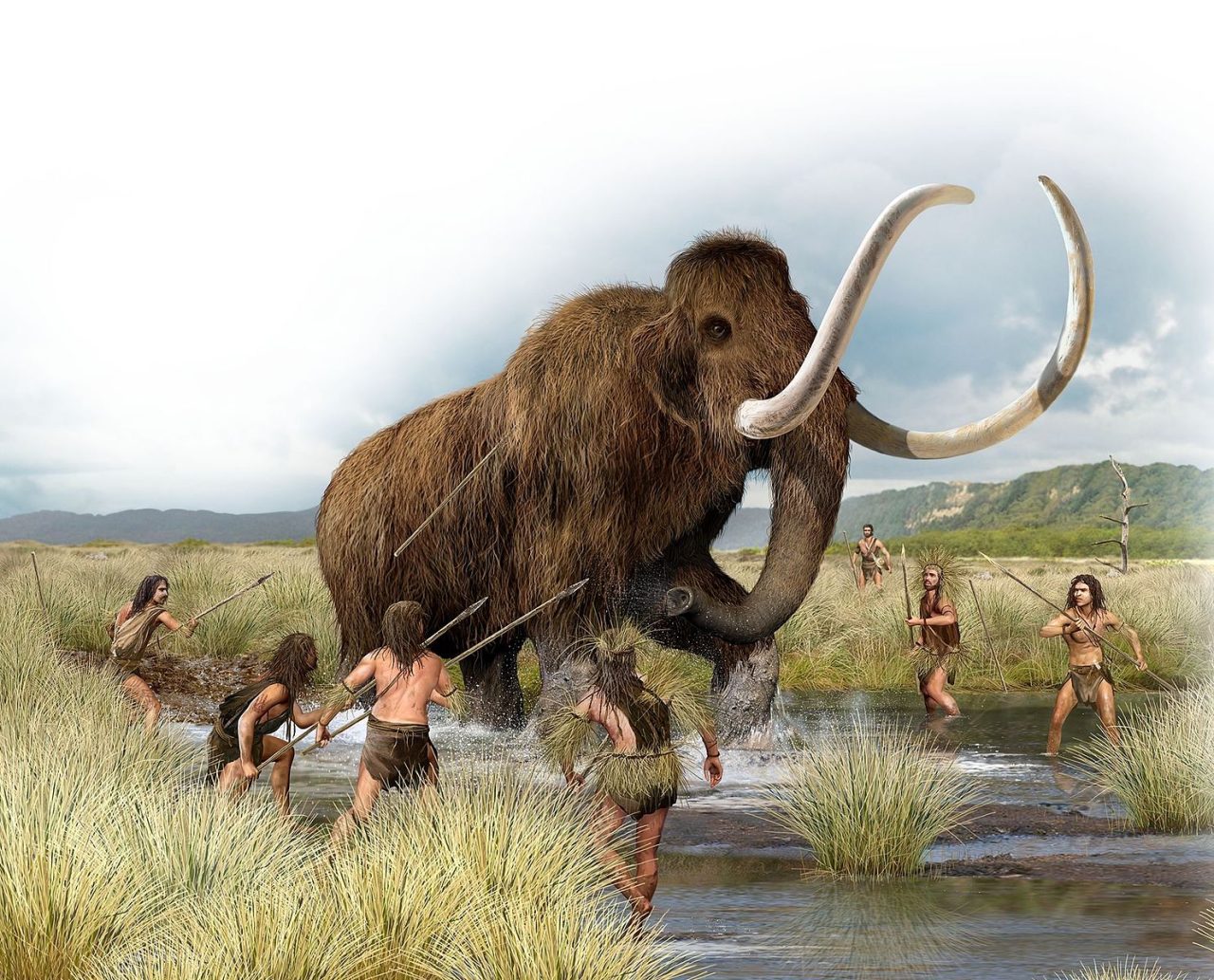 The woolly mammoth coexisted with early humans, who eventually caused its extinction. Image credit: Cloudinary
The woolly mammoth coexisted with early humans, who eventually caused its extinction. Image credit: Cloudinary
By artificially producing mammoth meat and meat from other animals, the aim would be to reduce large-scale meat production, which causes enormous damage to the environment and strongly influences climate change. Artificially produced meat uses much less land and water than animal farming.
According to Vow Food, the energy they use comes entirely from renewable sources, and they do not use cattle in their products. The company will start selling its products this year, primarily in Japan, where Japanese quail meat will be produced under artificial conditions.
The meatball will be exhibited on Tuesday evening at the NEMO museum in Amsterdam.




